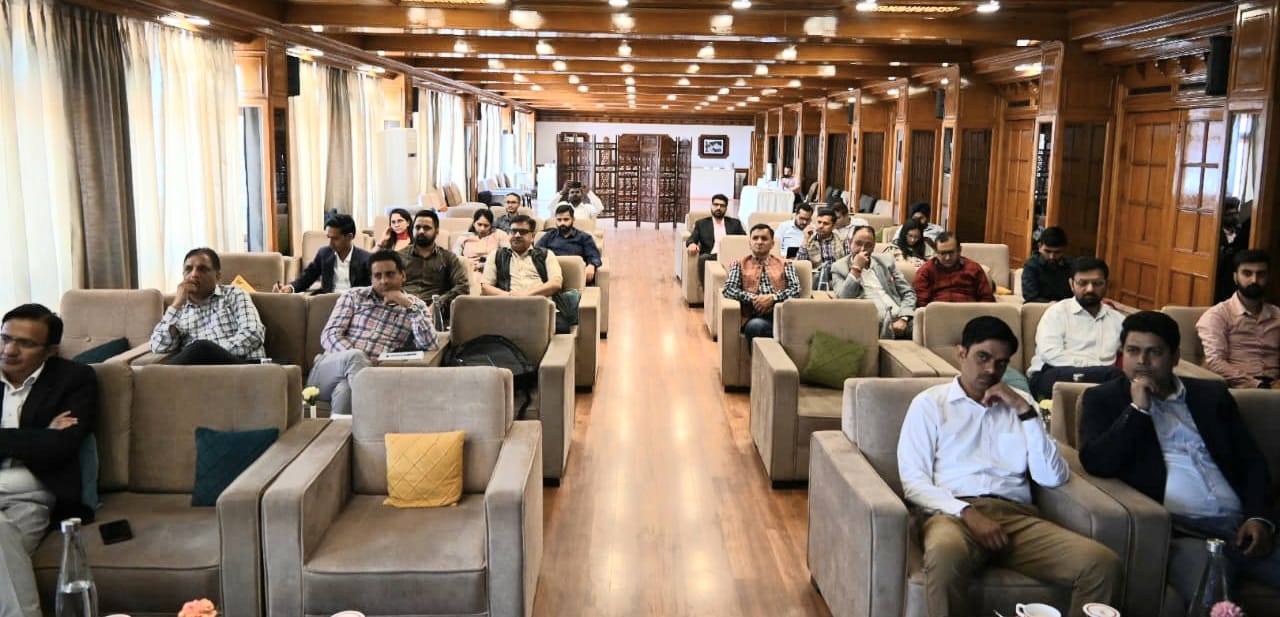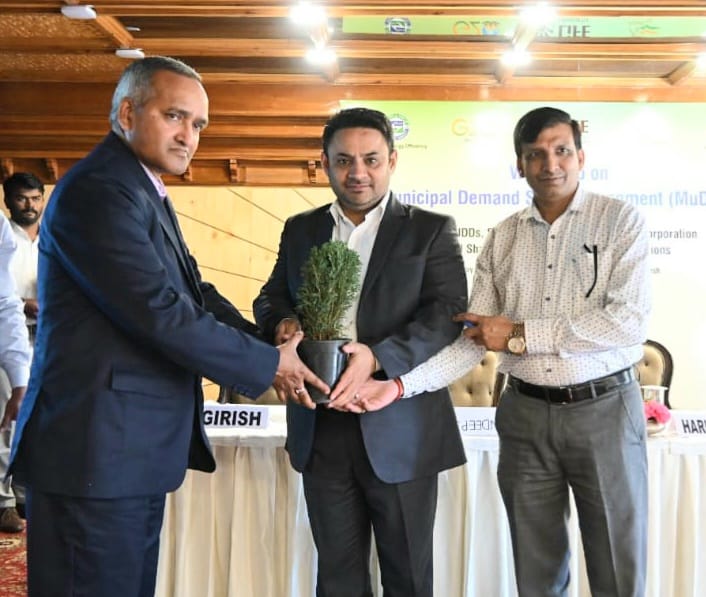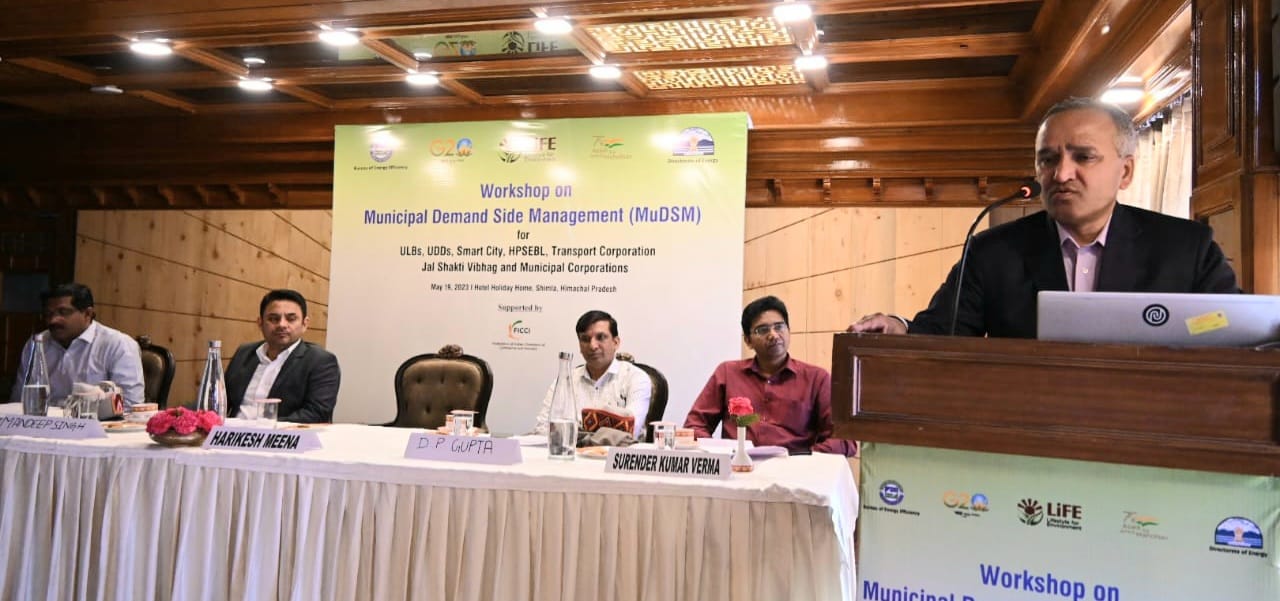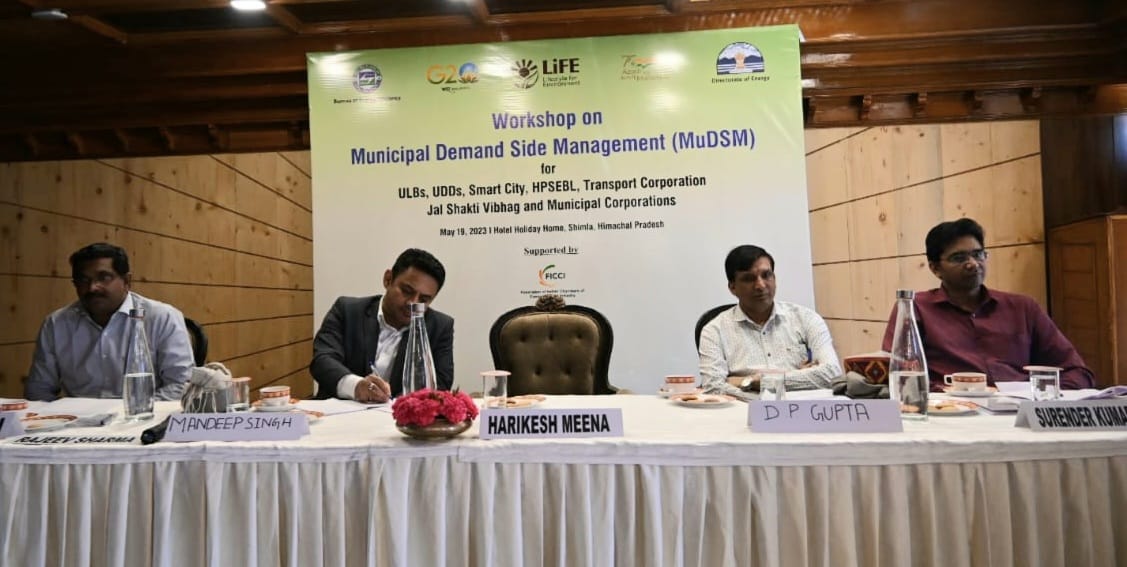


India’s growing economy has led to an increased demand for energy and resources, with energy consumption expected to rise by 25% by 2030. (Collaborative Efforts For Energy Efficiency And Conservation In India) Sectors like mobility and industrial production heavily rely on imported fossil fuels. However, India has made significant strides in improving energy availability. With the installation of substations and transformers leading to longer power supply hours in rural areas. Despite global energy price increases, India’s energy prices have remained stable.
Rapid Increase in Demand: (Collaborative Efforts For Energy Efficiency And Conservation In India)
India’s power demand has witnessed a substantial growth of 12-12.5% in the last quarter. Indicating an increase of approximately 25,000 MW compared to the previous year. To meet this escalating demand, the country aims to expand its installed power generation capacity to 800 GW by 2030. In line with this, the Energy Conservation (Amendment) Bill 2022 was introduced in the Lok Sabha, highlighting the need for collaborative efforts between the Central and State Governments to deploy energy efficiency measures.


Driving Energy Efficiency:
The Bureau of Energy Efficiency (BEE), under the Government of India. Is committed to supporting the Directorate of Energy (DoE) in Himachal Pradesh to promote energy efficiency and conservation. A workshop was organized with the participation of various departments, including municipal corporations, smart city initiatives, public transportation, and water management agencies. The aim was to create awareness and implement energy efficiency measures across major electricity consumers.
Addressing Energy Conservation:
The workshop commenced with the inauguration by D P Gupta, Chief Engineer of the Directorate of Energy, who highlighted the importance of energy conservation in municipalities. Municipal corporations account for approximately 3-4% of energy consumption in the country, presenting significant potential for energy savings. The need for effective policies, institutional frameworks, and large-scale programs focused on energy efficiency and renewable energy was emphasized.
Themes and Technical Sessions:
During the workshop, various themes and technical sessions were conducted to address energy conservation measures. Topics included Energy Conservation Building Codes (ECBC), building energy efficiency, smart city development, integration of energy efficiency in development planning, EV charging infrastructure, financing models for urban local bodies, and energy efficiency in city drinking water pumping.
Cricket Mahasangram Cup 2023-24: Promoting Sports and Drug-Free Lifestyle





